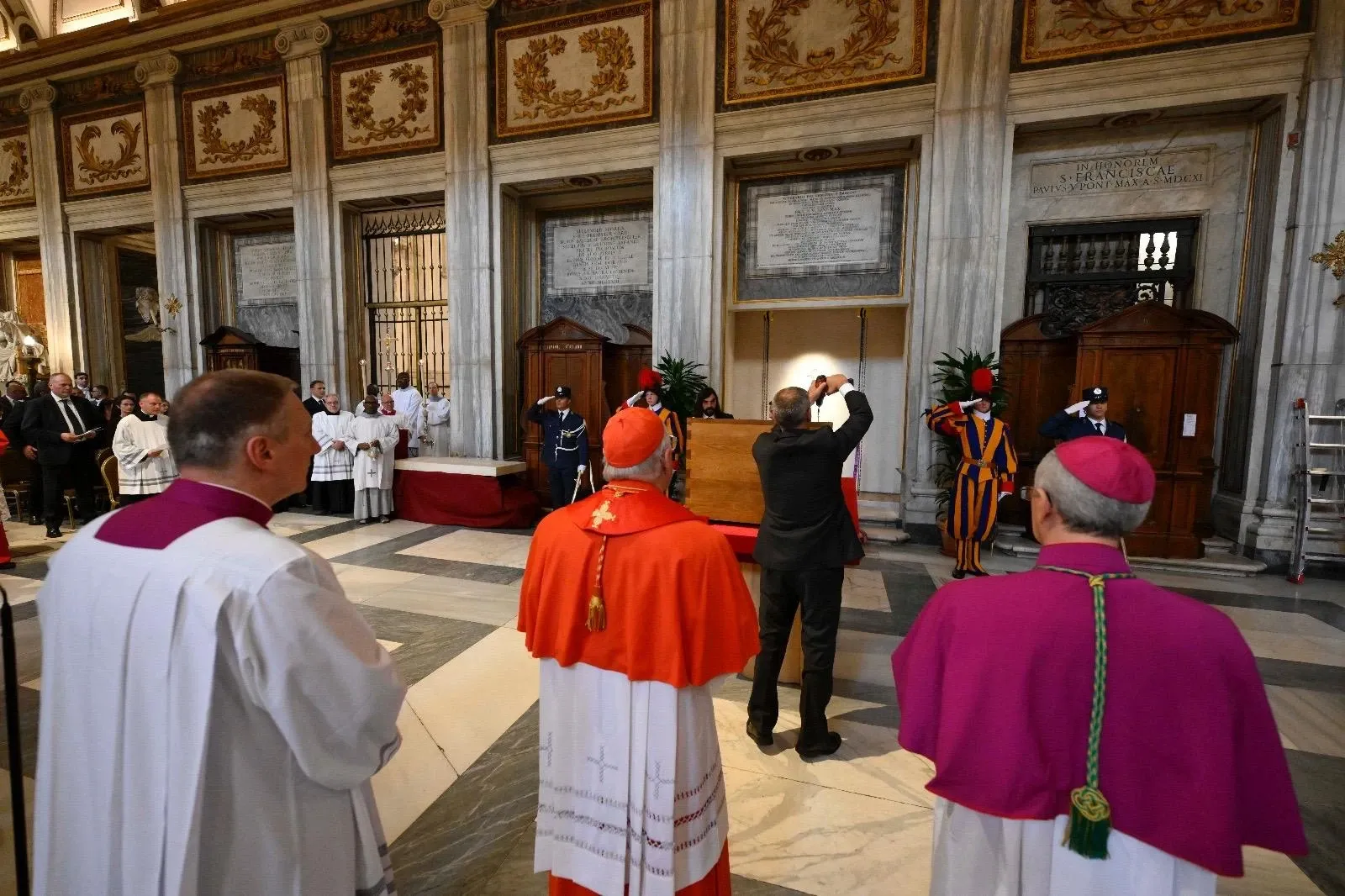On July 13, 2023, a request was received by this department from His Eminence Cardinal Dominik Duka, OP, archbishop emeritus of Prague, on behalf of the Czech Bishops’ Conference, who asks a series of questions regarding the administration of the Eucharist to divorced people living in a new union.
Although some of the questions are not drafted clearly enough and, therefore, may be a harbinger of some inaccuracies, this dicastery intends to respond to help resolve the doubts raised by them.
-
Is it possible for a diocese in a union of the bishops’ conference to make decisions completely autonomously, referring to the facts cited in questions 2 and 3?
The apostolic exhortation Amoris Laetitia, a document of the ordinary pontifical magisterium, towards which all are called to offer the homage of intelligence and will, states that “priests have the duty to accompany [the divorced and remarried] in helping them to understand their situation according to the teaching of the Church and the guidelines of the bishop.” In this sense, it is possible, indeed it is desirable, that the ordinary of a diocese establishes some criteria which, in line with the teaching of the Church, can help priests in the accompaniment and discernment of divorced people living in a new union.
-
Can Pope Francis’ response to the question from the pastoral section of the diocese of Buenos Aires, given that the text was published in the Acta Apostolicae Sedis, be considered an affirmation of the ordinary magisterium of the Church?
As indicated in the rescript accompanying the two documents on the Acta Apostolicae Sedis, these are published “velut magisterium authenticum,” that is, as authentic magisterium (teaching).
-
Is it a decision of the ordinary magisterium of the Church based on the document Amoris Laetitiae?
As the Holy Father recalls in his letters to the delegate of the pastoral region of Buenos Aires, Amoris Laetitia was the result of the work and prayer of the whole Church, with the mediation of two synods and the pope. This document is based on the magisterium of previous popes, who already recognized the possibility for divorced people in new unions to access the Eucharist, as long as they assume “the duty to live in complete continence, that is, by abstinence from the acts proper to married couples,” as it was proposed by John Paul II or to “commit (themselves) to living their relationship ... as friends” as proposed by Benedict XVI. Francis maintains the proposal of full continence for the divorced and remarried in a new union, but admits that there may be difficulties in practicing it and therefore allows in certain cases, after adequate discernment, the administration of the sacrament of reconciliation even when it is not possible in being faithful to the continence proposed by the Church.
-
Is it Amoris Laetitiae’s intention to institutionalize this solution through a permit or an official decision for individual couples?
Point 1 of the document “basic criteria for the application of chapter VIII of Amoris Laetitia” expressly states: “It is not appropriate to speak of ‘permissions’ to access the sacraments, but rather of a process of discernment accompanied by a pastor. It is a ‘personal and pastoral’ discernment” (AL, 300). It is therefore a question of pastoral accompaniment as an exercise of the “via caritatis,” which is nothing other than an invitation to follow the path “of Jesus: of mercy and reinstatement.” Amoris Laetitia opens the possibility of accessing the sacraments of reconciliation and the Eucharist when, in a particular case, there are limitations that attenuate responsibility and culpability (guilt). On the other hand, this process of accompaniment does not necessarily end with the sacraments, but can be oriented towards other forms of integration in the life of the Church: a greater presence in the community, participation in prayer or reflection groups, or involvement in various ecclesial services.








